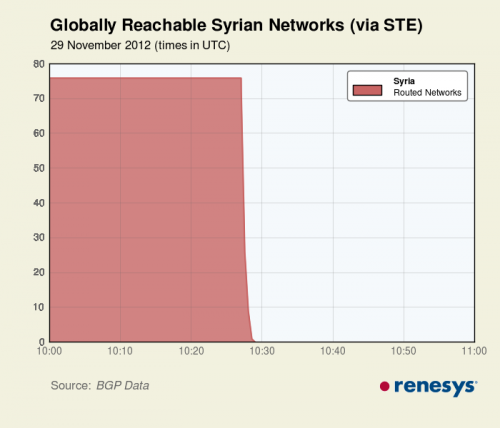Cross-posted at the Huffington Post.
Anjan G. alerted us to an internet sensation, Liu Xianping. The 72-year-old man in China has risen to fame modeling for his granddaughter’s clothing store, Yuekou. The clothes are designed for teen girls:
Commenters are impressed about Xianping’s ability to “pull off” this look, but we shouldn’t be surprised. Masculinity and femininity are performances, and so is age.
While the idea that we “do” gender is no surprise to SocImages regulars, we also “do” age. In fact, we have a whole language of age-related chiding that serves to get people to act in ways that we deem suitable for their number of birthdays. Says sociologist Cheryl Laz:
“Act your age. You’re a big kid now,” we say to children to encourage independence (or obedience). “Act your age. Stop being so childish,” we say to other adults when we think they are being irresponsible. “Act your age; you’re not as young as you used to be,” we say to an old person pursuing “youthful” activities.
Age, then, is a social construction too.
Accordingly, Xianping’s adoption of feminine poses and youthful fashions makes him appear younger and more girly than we think he should look. Importantly, though, he is no more an actor here than are actual teen girls. Each is playing a part, both with the help of just the right accessories.
Source: Laz, Cheryl. 1998. Act Your Age. Sociological Forum 13, 1: 85-113. (link)
Lisa Wade, PhD is an Associate Professor at Tulane University. She is the author of American Hookup, a book about college sexual culture; a textbook about gender; and a forthcoming introductory text: Terrible Magnificent Sociology. You can follow her on Twitter and Instagram.





